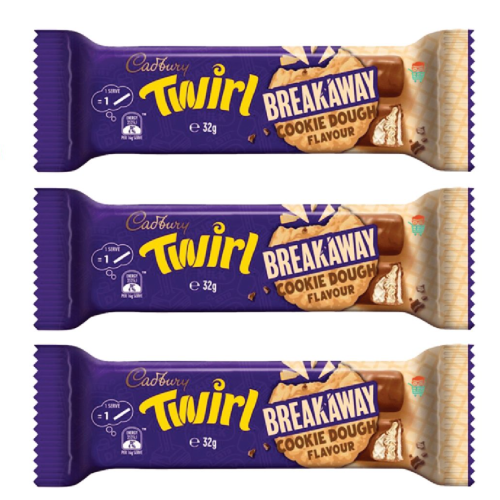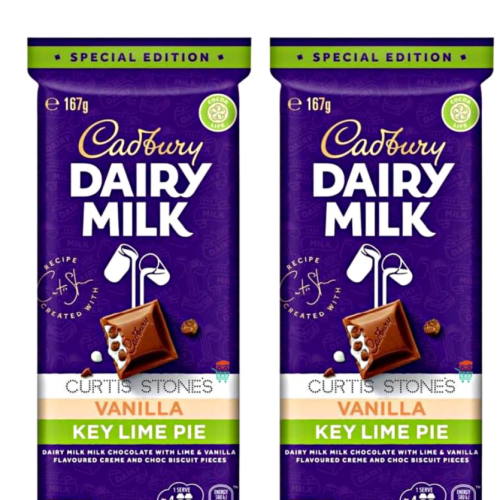Researchers in Japan discover a potential link between cheese consumption and better brain health
Keeping your brain sharp and healthy as you age is a top priority for many. While staying active, eating well, and avoiding smoking have been commonly recommended, scientists have now uncovered another potential ally in the fight against cognitive decline – cheese.

In a recent study conducted in Japan, researchers closely monitored the health and dietary habits of over 1,500 individuals aged 65 and above. The findings revealed that those who regularly enjoyed cheese performed better in cognitive tests compared to their counterparts.
This exciting discovery suggests that incorporating cheese into your diet may lower the risk of developing dementia. Although further research is needed to confirm these results, scientists hypothesize that certain nutrients present in cheese could enhance brain function.
Maintaining a healthy weight, moderate alcohol consumption, and managing blood pressure are already known to reduce the risk of dementia. However, previous studies have hinted at the potential benefits of physical activity, a Mediterranean diet, and dairy intake in delaying or preventing cognitive decline.

To delve deeper into the connection between brain health and dairy products, the researchers collected comprehensive data from the participants in Tokyo. Notably, around 80% of the respondents included cheese in their diets, consuming it either daily, every two days, or once or twice a week. Processed cheese emerged as the most popular choice among the participants.
The volunteers underwent a thorough cognitive function evaluation, assessing various aspects such as memory, attention, language, and spatial skills. The results, published in the Nutrients journal, indicated that individuals who regularly consumed cheese were less likely to exhibit poorer cognitive function, scoring an average of 28 points compared to 27 points for non-cheese eaters.
Furthermore, cheese enthusiasts displayed slightly lower body mass index (BMI), blood pressure, and faster walking speed, while also exhibiting more dietary variety. However, it’s worth noting that they also had higher cholesterol and blood sugar levels.

While the findings suggest an inverse association between cheese intake and cognitive function, the authors emphasize that their research alone cannot definitively establish a cause-and-effect relationship. Additional studies are required to validate these results, and it should be acknowledged that other factors, such as a more diverse overall diet, may contribute to these findings.
This study sheds light on a potential link between cheese consumption and better brain health in older adults. While more research is needed to fully understand the underlying mechanisms, adding a slice of cheese to your plate might just give your cognitive abilities an extra boost. So, why not indulge in some cheesy goodness while keeping your mind sharp?
Disclaimer: The content provided is based on the research findings, and individual dietary choices should be made in consultation with healthcare professionals.







